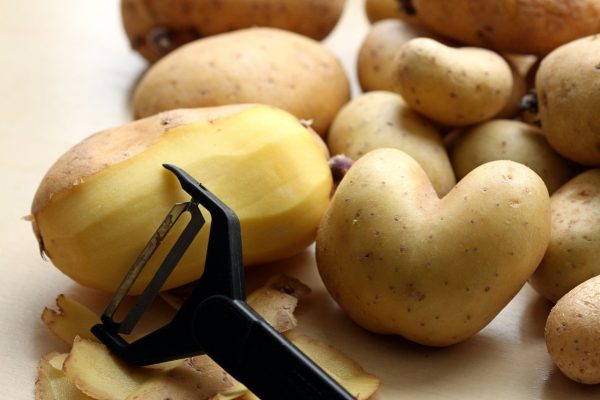Long before the struggle upward begins,
there is tremor in the seed.
Self-protection cracks,
Roots reach down and grab hold.
The seed swells, and tender shoots
push up toward light.
This is karpas: spring awakening growth.
A force so tough it can break stone.
And why do we dip karpas into salt water?
To remember the sweat and tears of our ancestors in bondage.
To taste the bitter tears of our earth, unable to fully renew itself this spring because of our waste, neglect and greed.
To feel the sting of society’s refusal to celebrate the blossoming of women’s bodies and the full range of our capacity for love.
And why should salt water be touched by karpas?
To remind us that tears stop. Spring comes.
And with it the potential for change.
Feminine:
B’rucha at yah eloheinu ruach ha’olam boreit p’ri ha’adama.
Masculine:
Baruch atah adonai eloheinu melech ha’olam borei p’ri ha’adama.
You are Blessed, Our God, Spirit of the World, who creates the fruit of the earth.
The Journey Continues: The Ma’yan Haggadah can be purchased for $12 + $4 s/h by emailing Ma’yan, infomayan@mayan.org.
From The Journey Continues: The Ma’yan Passover Haggdah (Ma’yan,2000).









